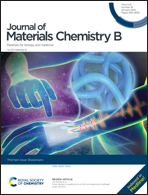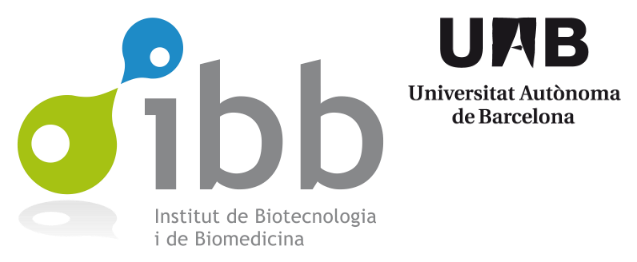 I. Ratera, M.Martínez-Miguel, A. Kyvik, L. Montaña, A. Martínez-Moreno, O. Cano-Garrido, E. Garcia-Fruitos, E.Vazquez, N. Ventosa, J. Guasch, J. Veciana and A. Villaverde, J. Mater. Chem. B, 2020, DOI:10.1039/D0TB00702A.
I. Ratera, M.Martínez-Miguel, A. Kyvik, L. Montaña, A. Martínez-Moreno, O. Cano-Garrido, E. Garcia-Fruitos, E.Vazquez, N. Ventosa, J. Guasch, J. Veciana and A. Villaverde, J. Mater. Chem. B, 2020, DOI:10.1039/D0TB00702A.
https://pubs.rsc.org/en/Content/ArticleLanding/2020/TB/D0TB00702A#!divAbstract
Abstract
In tissue engineering, biological, physical, and chemical inputs have to be combined to properly mimic cellular environments and successfully build artificial tissues, which can be designed to fulfil different biomedical needs such as organ donor shortage or the development of in vitro disease models for drug testing. Inclusion body-like protein nanoparticles (pNPs) can simultaneously provide such physical and biochemical stimuli to cells when attached to surfaces. However, this attachment has only been made by physisorption. To provide a stable anchoring, a covalent binding of lactic acid bacteria (LAB) produced pNPs, which lack the innate pyrogenic impurities of gram-negative bacteria like Escherichia coli, is presented. The reported micropatterns feature a robust nanoscale topography with an unprecedented mechanical stability. In addition, they are denser and are more capable to influence cell morphology and orientation. The increased stability and absence of pyrogenic impurities represent a step forward towards the translation of this material to a clinical setting.
